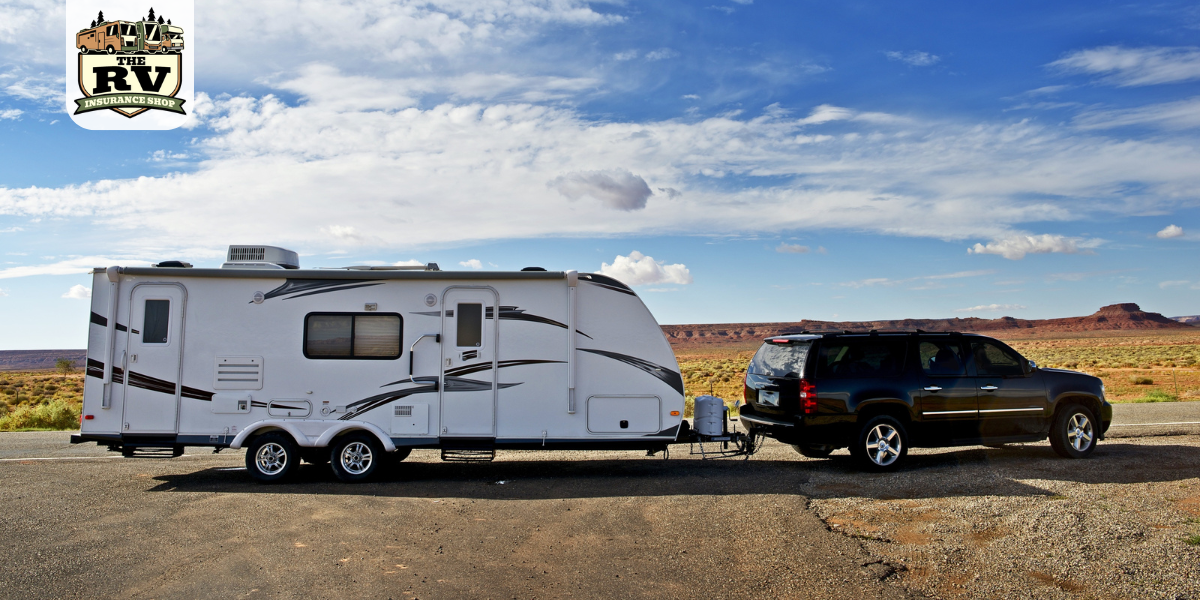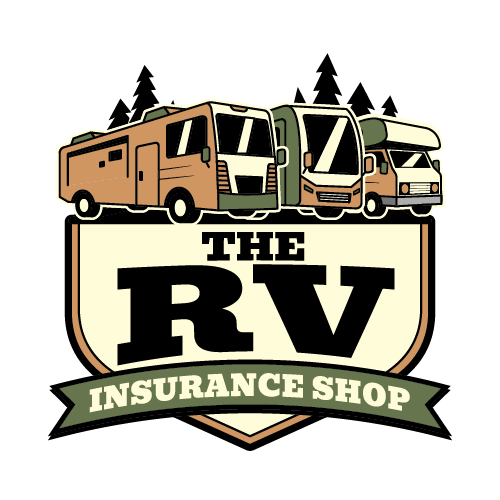Do Pull Behind Campers Need Insurance?

Pulling your camper out of the driveway for a weekend getaway or a long-haul cross-country trip is one of life’s greatest freedoms. Whether you’re parking lakeside, exploring national parks, or staying at a family-run campground in the mountains, a pull behind camper opens the door to countless adventures. But there’s one question that often trips up both new and seasoned RVers:
Do pull behind campers need insurance?
The short answer? It depends. But if you care about protecting your investment, your belongings, and your liability while on the road or parked at your favorite campsite, then you’ll want to stick around for the full breakdown.
What Is a Pull Behind Camper?
A pull behind camper—also known as a travel trailer—is a type of towable RV that attaches to the hitch of your vehicle. These campers come in a variety of shapes and sizes:
Teardrop Trailers – Compact and lightweight; perfect for weekend warriors.
Pop-Up Campers – Collapsible and easy to store.
Toy Haulers – Great for hauling ATVs, dirt bikes, or other gear.
Luxury Travel Trailers – With full kitchens, bathrooms, and slide-outs for extra living space.
Because these campers don’t have a motor of their own, many owners mistakenly assume they don’t need to insure them. But owning a camper comes with its own set of risks—both on and off the road. That’s why it’s important to revisit the question: do pull behind campers need insurance, even if they don’t have an engine? The answer may surprise you.
Is Insurance Required for Pull Behind Campers?
In most states, you’re not legally required to carry a separate insurance policy for your travel trailer if you own it outright. However, if you’re financing your camper, your lender will almost always require you to carry full coverage (comprehensive and collision) until the loan is paid off.
Also, some states may require that you register and title your camper, which might include basic liability coverage—but that coverage is limited and often only applies while you’re towing.
So while the law might not require insurance, the smarter question is: Should you have it anyway? And when you really break it down, answering “do pull behind campers need insurance” isn’t just about legal requirements—it’s about protecting your lifestyle.
What Does Your Auto Insurance Cover?
Your auto insurance policy will usually provide liability coverage while your camper is being towed. That means if your trailer swerves and damages another vehicle or causes injuries in an accident, your policy can help cover the cost of damages or legal expenses.
But that’s where the coverage ends.
Here are some things your auto policy typically does NOT cover when it comes to your trailer:
Damage to the trailer itself (collision or weather-related)
Theft or vandalism
Contents inside the trailer
Injuries that happen when the trailer is parked and unhitched
Damage from fire, floods, or falling trees at a campsite
To protect against those risks, you need dedicated travel trailer insurance.
Why Travel Trailer Insurance Matters
Travel trailer insurance is a separate policy specifically designed to cover the unique risks that come with owning and using a pull behind camper. Here’s what it typically includes:
1. Comprehensive and Collision Coverage
This protects your camper from physical damage caused by events like:
Accidents while towing
Fire
Hail and windstorms
Theft or vandalism
Falling objects (like tree branches)
If your trailer is totaled or heavily damaged, these coverages can help cover repair or replacement costs—saving you from a major out-of-pocket expense.
2. Liability Coverage
Covers legal costs and medical bills if someone gets hurt around your trailer or if your trailer causes property damage while it’s not being towed.
Example: You’re parked at a campground and your awning comes loose in a wind gust, damaging the neighbor’s truck. That’s not covered by your auto policy—but your trailer insurance has you covered.
3. Personal Belongings Coverage
Campsite grills, electronics, camping gear, tools, and personal items inside your trailer can add up fast. If those items are stolen or destroyed, this part of your policy helps you replace them.
4. Emergency Expense Coverage
If your camper is damaged while you’re on a trip and you can’t stay in it, some policies will help cover the cost of a hotel stay, meals, or travel expenses while you get back on your feet.
5. Optional Add-Ons
Many policies offer extra protections like:
Roadside assistance
Vacation liability
Total loss replacement
Full-timer’s coverage (if your camper is your primary residence)
Real-World Scenarios Where Coverage Counts
Let’s say you’re towing your 26-foot travel trailer to the Smoky Mountains. On the way, a passing truck kicks up a rock that cracks your front window. Later, at the campground, a storm rolls in and a tree limb crashes down, damaging the roof.
Without travel trailer insurance, you’re paying for all those repairs out of pocket. But with the right policy, you’re covered—no stress, no drama, and you can keep rolling toward your next destination.
Or picture this: your trailer is parked in storage during the off-season and it gets broken into. Without coverage, replacing those stolen items—camp chairs, solar generator, fishing gear—comes out of your own wallet.
Now ask yourself again: do pull behind campers need insurance? When real-life risks hit, it becomes clear that coverage is more of a necessity than a luxury.
Is Travel Trailer Insurance Worth It?
If you’ve ever faced unexpected repairs or damage while on the road, you already know how quickly costs can add up. Travel trailer insurance helps reduce or eliminate those surprise expenses, so you can focus on enjoying your trip—not scrambling to pay for an emergency.
Premiums are typically affordable and customizable based on the level of coverage you want. Whether you need basic protection or a comprehensive plan with all the bells and whistles, there’s a policy that fits your camper and your travel style.
When it comes down to it, answering the question “do pull behind campers need insurance” is more about protecting your experience than just your equipment. It’s about ensuring your adventures aren’t derailed by an unexpected accident, theft, or weather event.
Final Thoughts: Should You Insure Your Pull Behind Camper?
Absolutely. Even though it’s not always legally required, insuring your travel trailer is one of the smartest decisions you can make as an RV owner.
You’ve invested time, money, and heart into your camper—not to mention the memories you’re creating on every trip. Travel trailer insurance protects more than just your rig. It protects your lifestyle.
So before your next journey, take a few minutes to talk to an RV insurance expert who understands the unique needs of life on the road. They’ll help you find a policy that fits your trailer, your travel plans, and your budget—so you can focus on the good stuff: where to go next.
Need help finding the right coverage?
We specialize in RV insurance and work with top-rated carriers to find policies tailored to your needs. Whether you’re a weekend camper or a full-time nomad, we’ve got you covered. Contact us today for a free quote.

